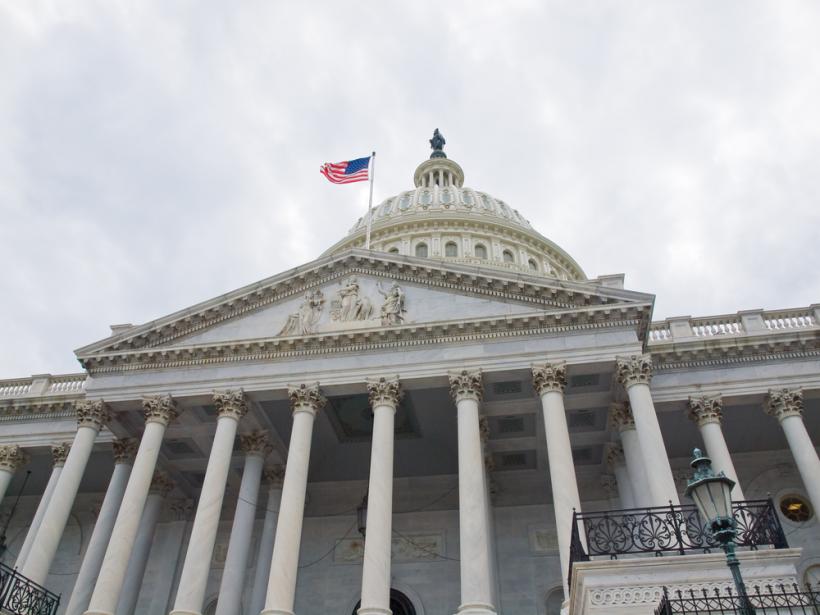
Last month, Snowbird Advisor reported about the re-introduction of a bill in the U.S. House of Representatives called the Canadian Snowbird Visa Act, that if passed, would allow Canadian snowbirds to spend up to 240 days in the U.S. each year.
While there is no further update on the status of the legislation at this time, the news item prompted a number of questions from Snowbird Advisor members about how other rules and regulations might need to be updated to allow them to take advantage of the Canadian Snowbird Visa Act – if it passes – without running into issues.
Here are just a few of the other rules and regulations that could be impacted:
Provincial health insurance coverage
Provincial health insurance plans require you to spend a minimum number of days in your home province in order to retain coverage. The rules vary from province to province and failing to comply with these regulations can result in losing your provincial health insurance coverage.
Based on the current provincial regulations, snowbirds who spent 240 days in the U.S. each year could be in violation of the rules in most provinces and might be at risk of losing their provincial healthcare coverage.
It is unclear at this time if Canadian provinces would revise their rules to accommodate snowbirds who wanted to spend more time outside their home provinces each year if the Canadian Snowbird Visa Act becomes law in the U.S.
You can find more information about the minimum requirements for how long you need to spend in your home province to retain your provincial health insurance coverage here.
Auto insurance out-of-country limits
Many auto insurance companies have limits on how long they will cover your vehicle outside Canada, and the majority of insurance providers will only cover your vehicle outside Canada for up to six months.
If the Canadian Snowbird Visa Act passes and you plan to have your vehicle outside Canada for more than 6 months you will need to carefully check your coverage to find out what the limits are for how long you can have your vehicle outside Canada.
If your provider has a 6-month out-of-country coverage limit, you may have to purchase a rider for additional coverage – if they even offer one – or seek coverage from another provider, if you can find one that even offers this option.
If the U.S. legislation passes, it is possible that Canadian auto insurance providers may offer more options for longer out-of-country coverage, but we won’t know until it actually happens.
Canadian tax laws
Depending on your situation, Canadians who spend less than 183 days in Canada during a calendar year may be deemed non-residents for tax purposes, which could have negative tax implications in Canada.
If the Canadian Snowbird Visa Act passes and you plan on spending fewer than 183 days in Canada in any given calendar year, speak to your accountant to see if you might be impacted by these rules based on your unique circumstances.
U.S. tax and immigration law harmonization
U.S. tax and immigration laws limit the amount of time Canadian snowbirds are currently allowed to spend in the United States, and there are two different sets of rules that Canadians must comply with – one for tax purposes and one for immigration purposes.
The way the Canadian Snowbird Visa Act is currently drafted, it appears that the tax and immigration rules would be harmonized to allow Canadian snowbirds to spend up to 240 days per year in the U.S. without violating either set of rules.
However, this would need to be confirmed if and when the legislation passes.
We will keep Snowbird Advisor members updated about material developments related to the proposed Canadian Snowbird Visa Act if and when they happen.
















